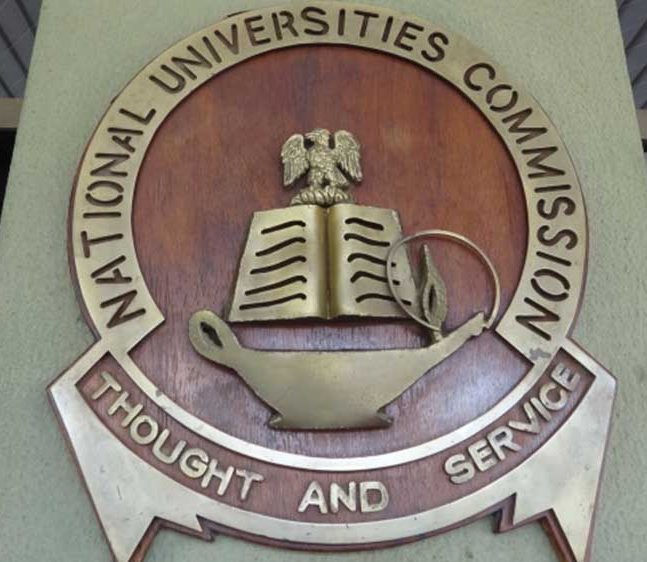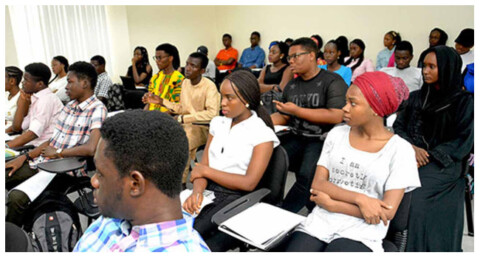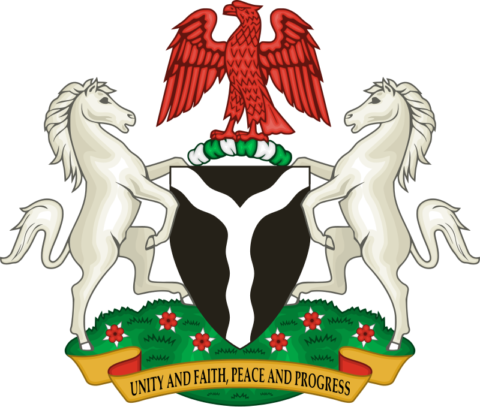The National Universities Commission (NUC) has refuted a viral social media claim suggesting that its university accreditation exercise is merely a formality.
In a statement issued in Abuja, the Executive Secretary of the Commission, Professor Abdullahi Ribadu, described the allegation as false and misleading. He was reacting to a social media publication attributed to one Taofik Olatubonsun, which alleged that universities without adequate staffing could still secure full accreditation.
Ribadu said the claim was not only baseless but also stemmed from a place of ignorance about the NUC’s well-established accreditation process. He noted that while the Commission would typically disregard such unfounded accusations, it felt compelled to set the record straight to protect the integrity of the Nigerian university system.
“The Commission is a creation of law and is the sole regulatory agency empowered by Section 10 of the Education (National Minimum Standards and Establishment of Institutions) Act Cap E3 LFN 2004, to conduct accreditation of programmes in universities and other degree-awarding institutions in Nigeria,” Ribadu said.
He explained that the accreditation process is a rigorous and structured evaluation designed to ensure that universities uphold high academic standards and comply with the Core Curriculum Minimum Academic Standards (CCMAS).
According to Ribadu, NUC adopts a peer review model involving independent panels of professors and subject experts as evaluators. He also highlighted that the Commission’s accreditation regime is widely respected, having been studied by countries like Namibia, Gambia, and Niger Republic. Additionally, many foreign universities consider NUC accreditation results when screening applicants from Nigeria.
He acknowledged that no accreditation system is perfect, but maintained that NUC is continuously improving its processes to ensure quality assurance in the Nigerian university system.
Ribadu further detailed the evaluation criteria used by the NUC. He said the programme accreditation instrument includes seven sections, four of which are core: Academic Matters, Staffing, Physical Facilities, and Library. For a programme to attain full accreditation status, it must score at least 70% in each core area and an overall score of 70% or above.
“Achieving full accreditation status does not mean a programme has every resource in perfect measure,” he noted. “It indicates an acceptable level of performance with room for improvement.”
He emphasized that staffing is a critical component of the accreditation process. The adequacy of permanent staff is a major factor, and evaluators physically inspect employment records and qualifications during site visits. The NUC allows for a maximum of four part-time academic staff per programme, which counts as two permanent staff for scoring purposes.
Any attempt by universities to falsify records or present temporary staff as permanent during accreditation will attract sanctions, he warned.
Ribadu also stated that NUC maintains strict ethical standards throughout the accreditation process. He assured the public that any NUC officer found compromising the process would face disciplinary action.
He explained that submitted accreditation reports undergo internal review and a ratification session before NUC management to ensure evaluators followed guidelines and upheld quality.
“As a university system that has enjoyed years of effective and reputable quality assurance, we remain committed to strengthening our processes and ensuring the Nigerian university system operates at full strength,” Ribadu said.
He called on universities to establish internal quality assurance mechanisms as part of good academic practice and urged the public to rely only on verified information.
“We want to reassure stakeholders that the NUC is committed to producing globally competitive graduates through credible and robust accreditation standards,” he added.





